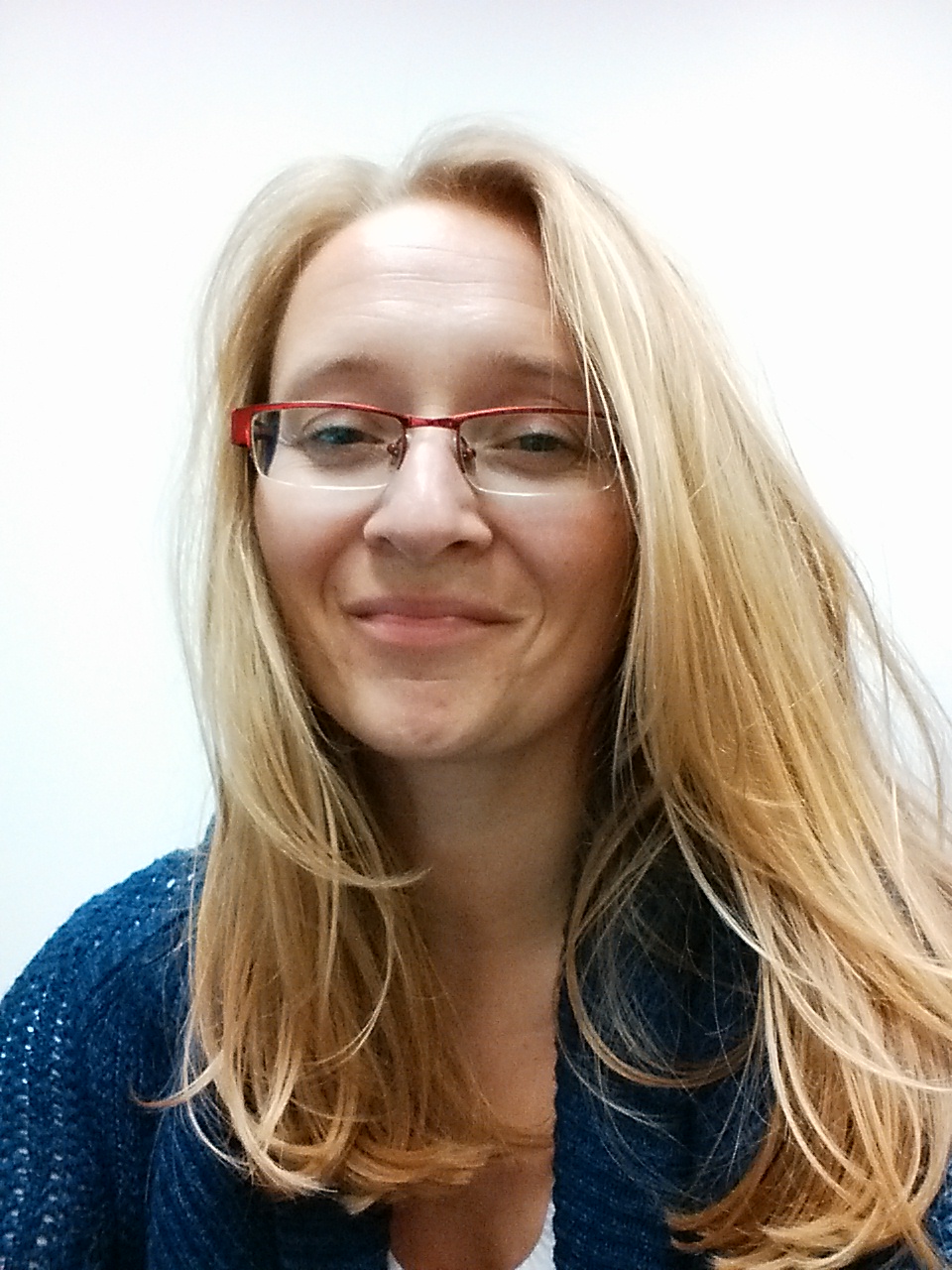This is a continuation of our "IANR is Global" series, which highlights the many ways internationalization is woven through the Institute of Agriculture and Natural Resources: through research collaboration, government and private industry partnerships, extension work, student educational experiences and the IANR community from around the world.
This edition is specifically focused on the many global voices we have on campus who will be sharing their expertise through seminars during spring semester 2020. Assistant professor of biochemistry Katarzyna Glowacka will be presenting a talk entitled “Developing Strategies for Improving Abiotic Stress Tolerance of Photosynthetic Apparatus in Crops Grown for Food and Fuels” on February 7, as part of the Department of Agronomy and Horticulture seminar series. We appreciate the expertise we are fortunate to have from all over the world, as shown by their many and varied contributions to the work of the university and our continued mission to create a globally engaged institution. To this end, we want to help our campus community get to know each other (and the world) more, starting with these experts.
Where is your hometown? Where did you receive your education?
My hometown is Mrowino, a small place in the middle of crop fields in the Greater Poland Voivodeship. I received my education at the University of Adam Mickiewicz in Poznan.
Tell us a little about your path to where you are now.
My journey as a researcher started in General Botany Lab where I worked on designing the protocol for propagation in tissue culture a bioenergy C4 grass of Miscanthus. This particular plant plays important role in my life because it brought me to the U.S. for an invited postdoc position at the University of Illinois at Urbana-Champaign to work on androgenesis, tolerance of photosynthesis to chilling and genetics of Miscanthus.
During my graduate and postdoctoral training, I was a visiting scientist at Aarhus University in Denmark and Wageningen University in Holland. My second postdoc in the U.S. had a big impact on my professional life by broadening my scientific interest. As a result, I have started to work with crops with the aim to improve their performance with the use of modern biotechnology. Currently, my research team works with plants for food and energy production focusing on the manipulation of photosynthetic apparatus via synthetic biology approaches to improve its function under abiotic stresses.
What is something people don’t know (or that you wish they knew) about where you’re from?
Poznan is a city full of charm, with five universities and a total of 135,000 students.
Are you engaged in any research collaborations or do you still have work that you do related to your home country?
I am building my research program on the network of connections that I developed over the years. At this moment, for example, I am writing the grant proposal with my collaborators from Japan, Denmark, Illinois and Alabama. I also started many exciting collaborations at UNL among others with Dr. Roston, Dr. Obata and Dr. Ge. It is a great feeling to be a part of the UNL family with so many young faculty members.
Why is it important for institutions like the University of Nebraska to have faculty from different parts of the world?
To have at the UNL faculty from different parts of the world helps students to realize that science does not have a limit. It brings diversity under one roof which promotes creative thinking, leading to discoveries.
What is one piece of advice you would share with students?
I can give two pieces of advice: 1) Love what you do and you will be happy in your life. 2) Do not limit your dreams.
We encourage the campus community to attend Dr. Glowacka's seminar at 3:30 p.m. on February 7 in Keim Hall, room 150!---
Are you giving a seminar in spring 2020 (or the future) and have an international element to your work, studies or background you'd like to see highlighted? Contact Brianne Wolf at bwolf4@unl.edu.
